China coal mine blast death toll reaches 87
At least 87 people are now known to have died in China's worst coal mine accident in two years, state media say.
Sunday, 22.11.2009.
11:09

At least 87 people are now known to have died in China's worst coal mine accident in two years, state media say. Another 21 miners are missing after the blast at Xinxing pit in Hegang City in Heilongjiang province. China coal mine blast death toll reaches 87 The toll has more than doubled from 42 dead earlier. Some 528 workers were in the mine when the blast hit before dawn on Saturday local time, said Xinhua. A top official, Vice Premier Zhang Dejiang, has been sent to oversee rescue efforts at the state-owned mine. President Hu Jintao and Prime Minister Wen Jiabao had also been in contact with rescue workers, state media said. China's mines are notoriously dangerous. The central government has made improving safety standards a priority, but rules are often ignored in favour of profit. The blast in the mine, in the region bordering Russia, occurred at 18:30 GMT on Friday. More than 400 people managed to escape. Many of the injured were being treated at the Hegang Mining Bureau Hospital, which said all 800 of its medical workers had joined the rescue operation, Xinhua reported. Rescue official Zhang Fucheng was quoted by Reuters news agency as saying that attempts to reach the 21 trapped miners were being hampered by dense gas and collapsed tunnels. But a spokesman for the mining company, San Jingguang, said he believed the men were still alive and that rescuing them was the "first priority". The BBC's Michael Bristow in Beijing says it appears that a build up of gas was the cause of the explosion. One of the rescued miners, Wang Xingang, said the blast knocked him out briefly. "When I regained consciousness, I groped my way out in the dark and called for help," Xinhua quoted him as saying. The mine is operated by the state-owned Heilongjiang Longmei Mining Holding Group and has an annual capacity of 1.45m tonnes of coal, said Xinhua. The authorities are likely to be concerned that the accident happened in a state-run mine, says our correspondent. They are generally considered to be safer than private collieries, whose lax safety standards have contributed to a high rate of accidents. Most incidents are blamed on a failure to follow safety guidelines, often in an attempt to cut costs and meet an increasing demand for fuel. The Chinese authorities have been trying to deal with the dangers by closing smaller mining operations and forcing local authorities to regulate the industry. The government closed some 1,000 small mines in a recent safety drive, and says the number of miners killed has been halved as a result. But miners are still dying at a rate of six a day, and independent labour groups say many accidents are covered up in the drive for profit and coal. In February, more than 70 workers were killed in an explosion at a mine in Shanxi province.
China coal mine blast death toll reaches 87
The toll has more than doubled from 42 dead earlier. Some 528 workers were in the mine when the blast hit before dawn on Saturday local time, said Xinhua.A top official, Vice Premier Zhang Dejiang, has been sent to oversee rescue efforts at the state-owned mine.
President Hu Jintao and Prime Minister Wen Jiabao had also been in contact with rescue workers, state media said.
China's mines are notoriously dangerous. The central government has made improving safety standards a priority, but rules are often ignored in favour of profit.
The blast in the mine, in the region bordering Russia, occurred at 18:30 GMT on Friday. More than 400 people managed to escape.
Many of the injured were being treated at the Hegang Mining Bureau Hospital, which said all 800 of its medical workers had joined the rescue operation, Xinhua reported.
Rescue official Zhang Fucheng was quoted by Reuters news agency as saying that attempts to reach the 21 trapped miners were being hampered by dense gas and collapsed tunnels.
But a spokesman for the mining company, San Jingguang, said he believed the men were still alive and that rescuing them was the "first priority".
The BBC's Michael Bristow in Beijing says it appears that a build up of gas was the cause of the explosion.
One of the rescued miners, Wang Xingang, said the blast knocked him out briefly.
"When I regained consciousness, I groped my way out in the dark and called for help," Xinhua quoted him as saying.
The mine is operated by the state-owned Heilongjiang Longmei Mining Holding Group and has an annual capacity of 1.45m tonnes of coal, said Xinhua.
The authorities are likely to be concerned that the accident happened in a state-run mine, says our correspondent.
They are generally considered to be safer than private collieries, whose lax safety standards have contributed to a high rate of accidents.
Most incidents are blamed on a failure to follow safety guidelines, often in an attempt to cut costs and meet an increasing demand for fuel.
The Chinese authorities have been trying to deal with the dangers by closing smaller mining operations and forcing local authorities to regulate the industry.
The government closed some 1,000 small mines in a recent safety drive, and says the number of miners killed has been halved as a result.
But miners are still dying at a rate of six a day, and independent labour groups say many accidents are covered up in the drive for profit and coal.
In February, more than 70 workers were killed in an explosion at a mine in Shanxi province.










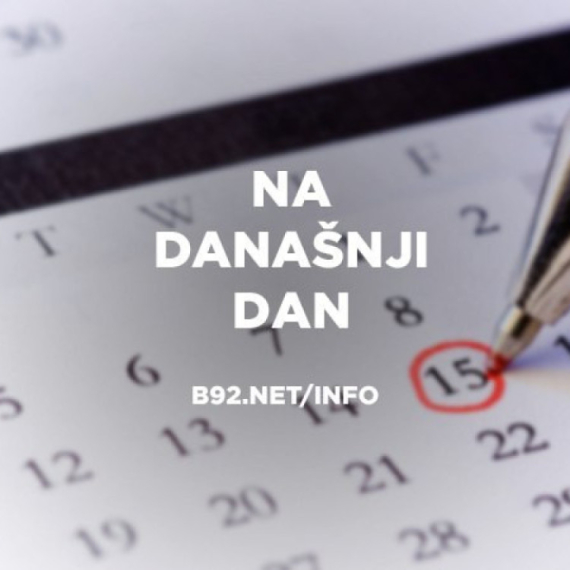
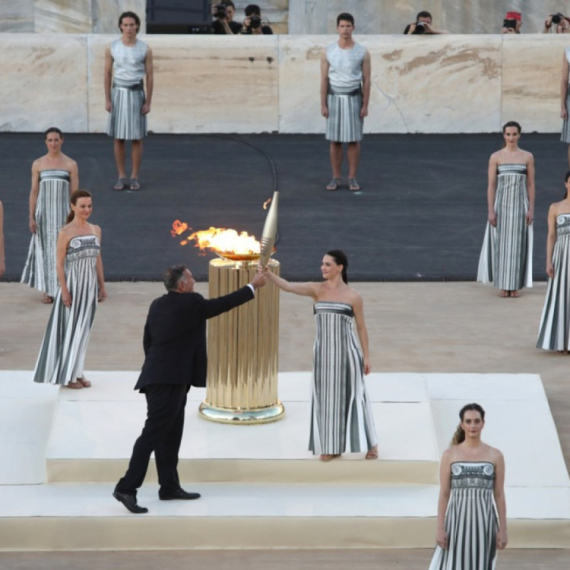



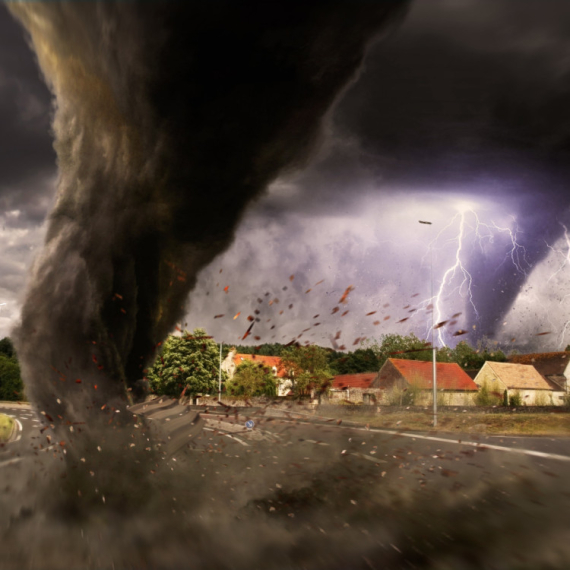


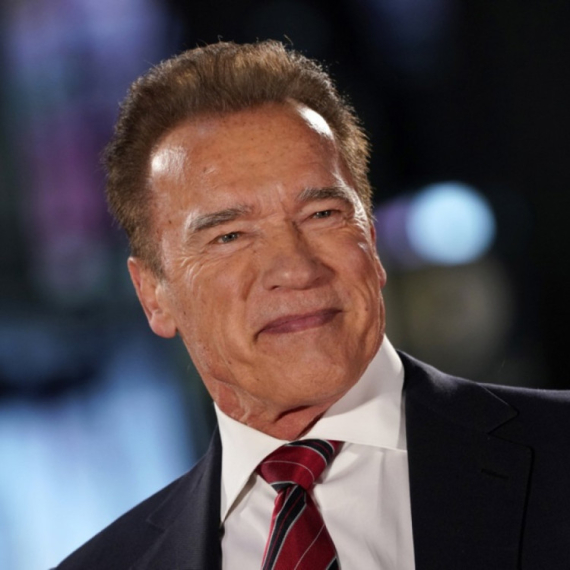
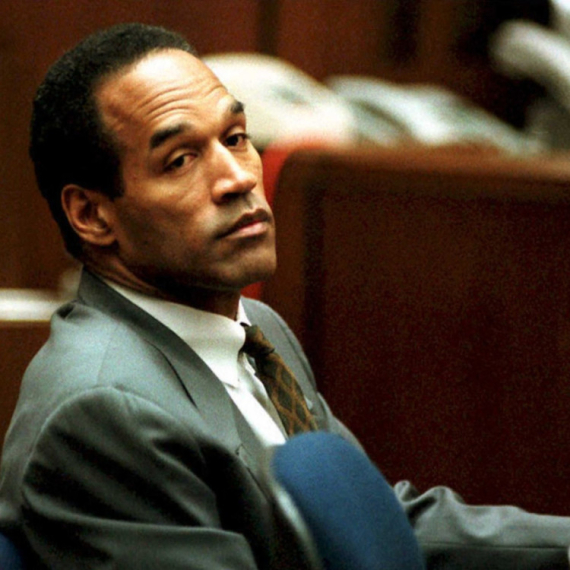

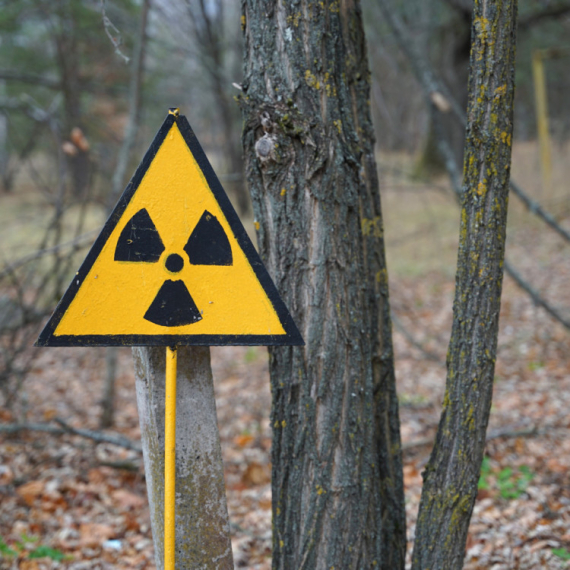




































Komentari 5
Pogledaj komentare